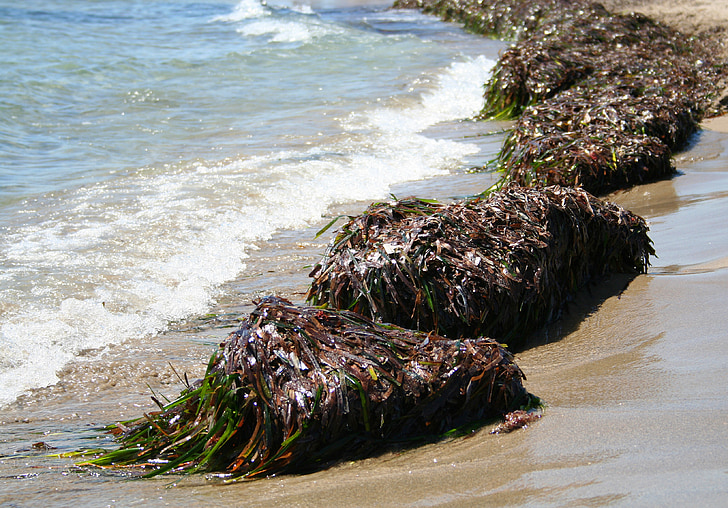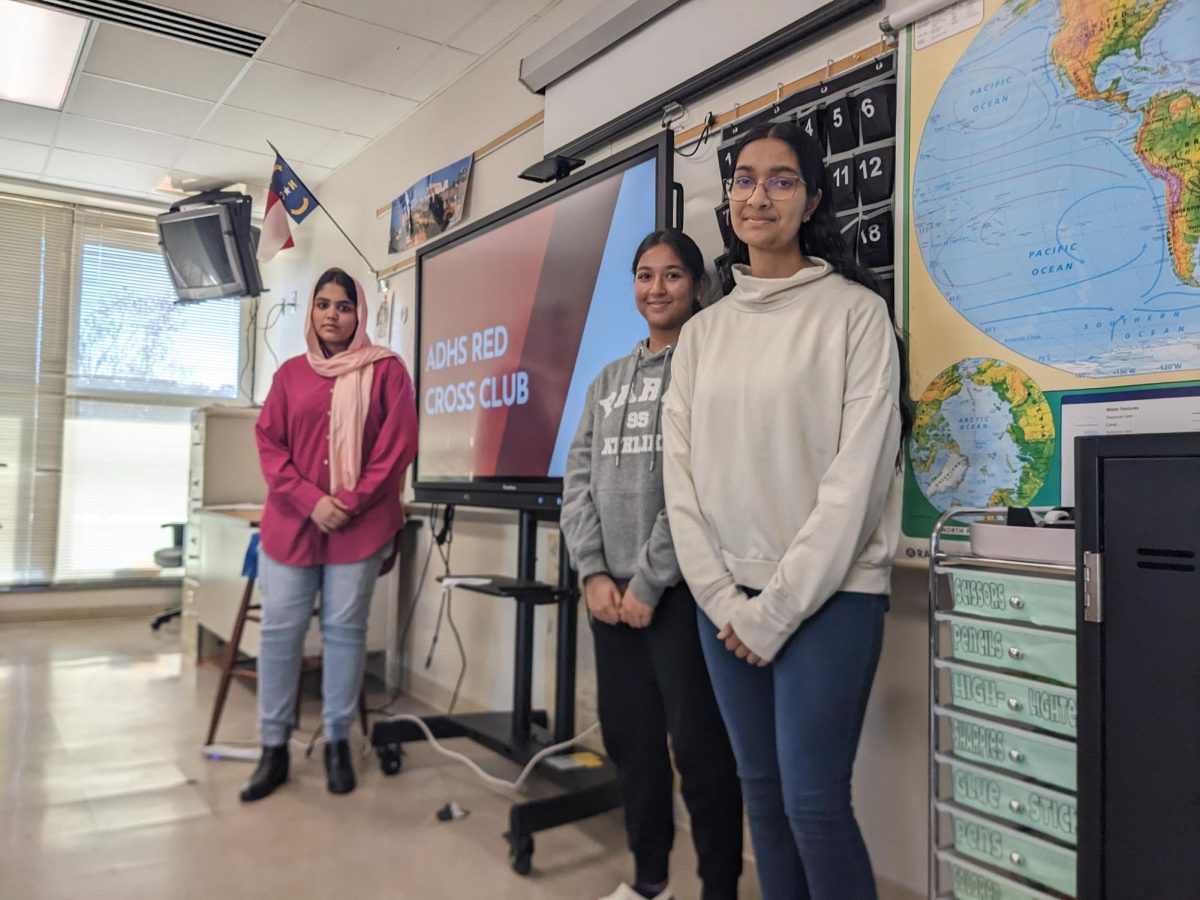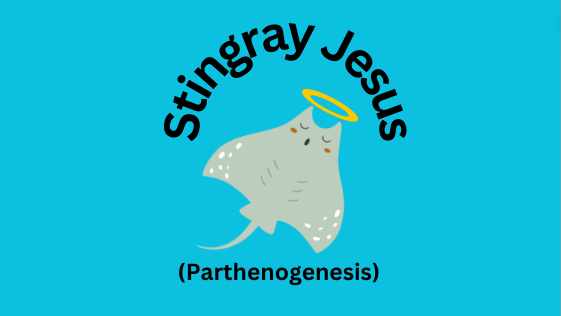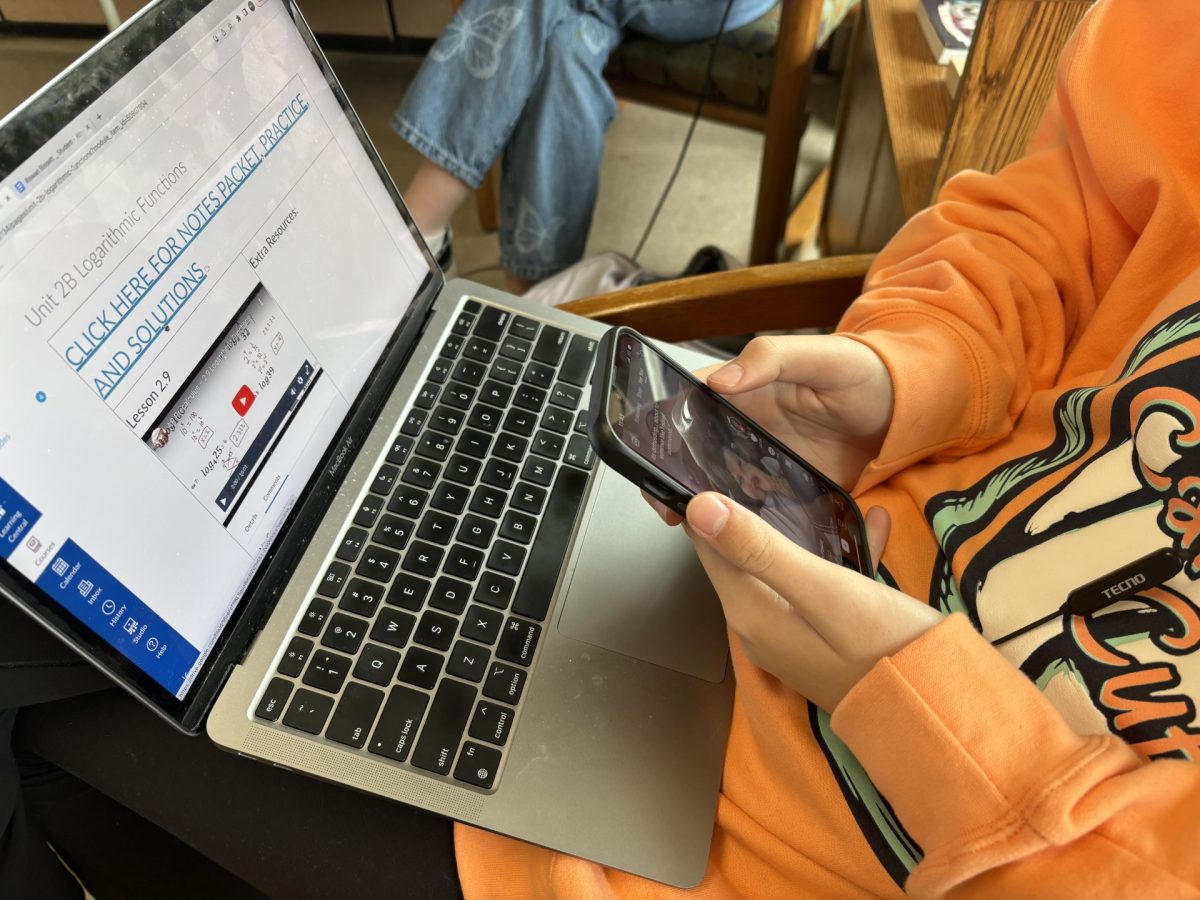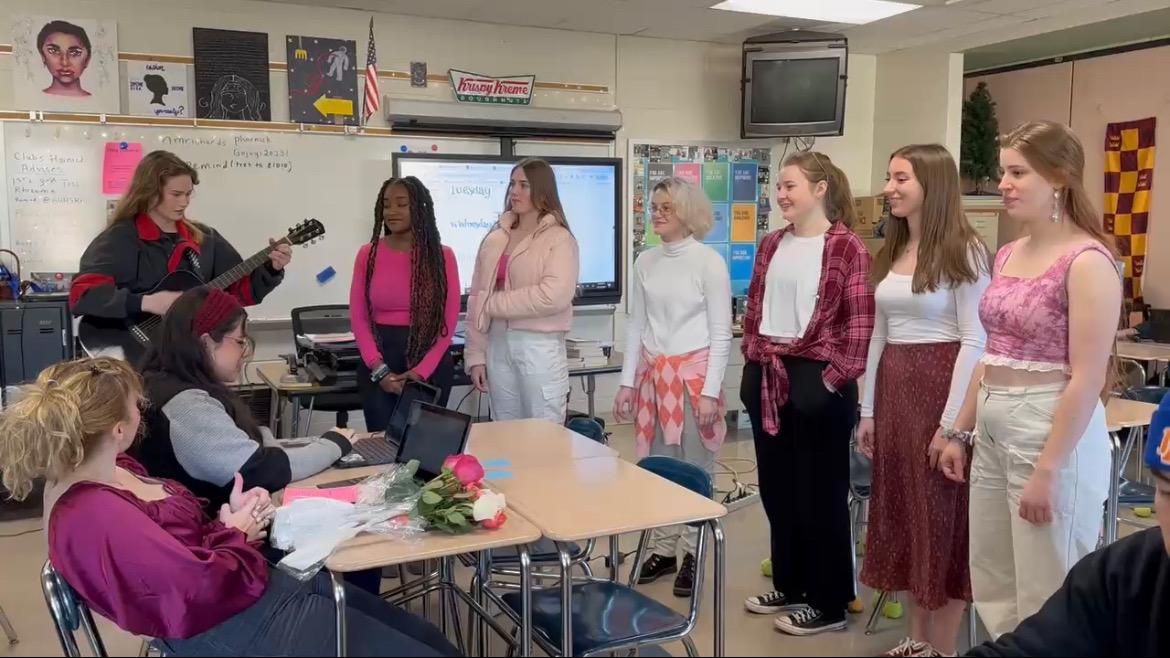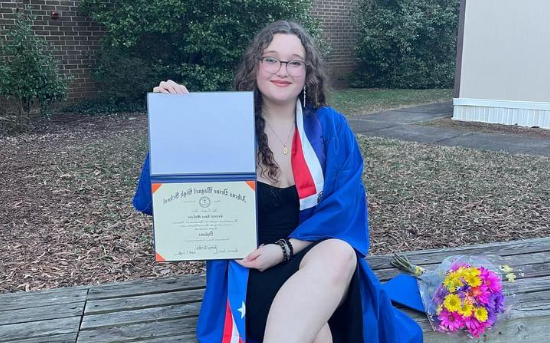In the Gulf of Mexico, there is a major algae bloom that is currently causing algae to get washed up onto Florida shores in huge amounts. This has happened in Florida for years, however, in recent weeks It has started producing more seaweed than ever. The Athens Drive marine ecology class studies these algae blooms in depth during their plankton unit.
“Algae is the base of the food chain as well as our phytoplankton and so they affect the rest of the food web, that’s essentially what ecology is. It’s the effect [of] the plants and animals and how they interact with each other, and their environment, so it’s a marine ecology-based thing,” said Nikki Hooks marine ecology teacher.
Because algae are such a vital component in the marine food web, the students in marine ecology study it in depth.
“We do a lot of exploration activities where they will search online as well as … books to try to figure out certain topics of marine ecology. We talk about all the different types of plants, protists, and animals,” said Hooks.
The marine ecology classes use exploration activities and labs to help the students get a deeper understanding of the ocean’s work and the organisms that live in them.
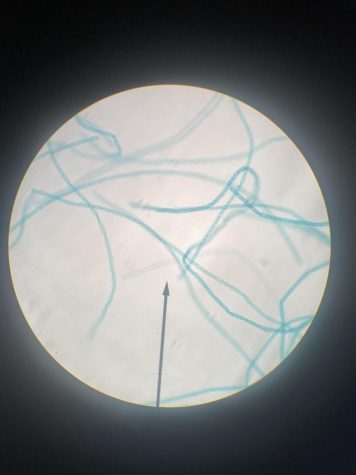
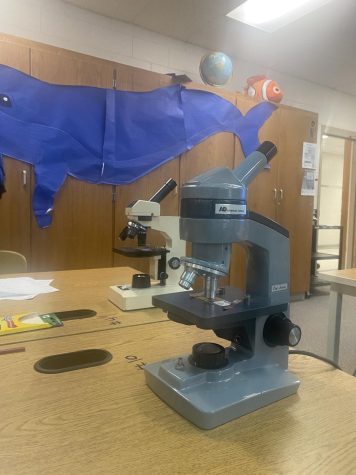
“I actually love the labs, I learn a lot especially because they are more independent so it forces you to actually think [on] your own and it really helps me learn and come to conclusions,” said Lorelay Mixon.
The students additionally use labs to find answers to challenging questions about our oceans and the creatures that live in them.
“I actually learned the importance of algae blooms, and I never really learned about it [before] I took this class. I also realize how much it happens, and how big its effect is on the animals and even us,” said Mixon.
The algae blooms can have a huge effect on the organisms around them including humans. It can have positive effects in small amounts but, in large amounts, the effects can be disastrous.
“Algae blooms cannot always be a positive thing, … I learned in APES [AP environmental science] but it is also being applied in marine ecology and they do provide nutrients to ecosystems but if they get too big they can start harming the living things,” said Sasha Braziler, junior.
The marine ecology students learned about the positive effects algae blooms have on ecosystems as well as the negative effects.
“They do provide nutrients [to ecosystems] but if they get too big they can start harming the living things,” said Braziler.
The large amount of algae that is about two times the size of the continental U.S. that is off the coast of Florida has started to cause the negative effects of an algae bloom. These massive algae blooms can also harm humans, not just fish.
“The red tides specifically [like in Florida] the dinoflagellates have some toxins sometimes that can release those toxins into the water and that can be harmful to animals and humans,” said Hooks.
The dinoflagellates toxins can cause respiratory illness and eye irritation for humans; however, they cause even worse harm to marine life.
“Fish need a certain amount of oxygen and when the algae blooms start getting big it starts taking away from their oxygen, and it starts the algae continues to overpower everything else,” said Braziler.

